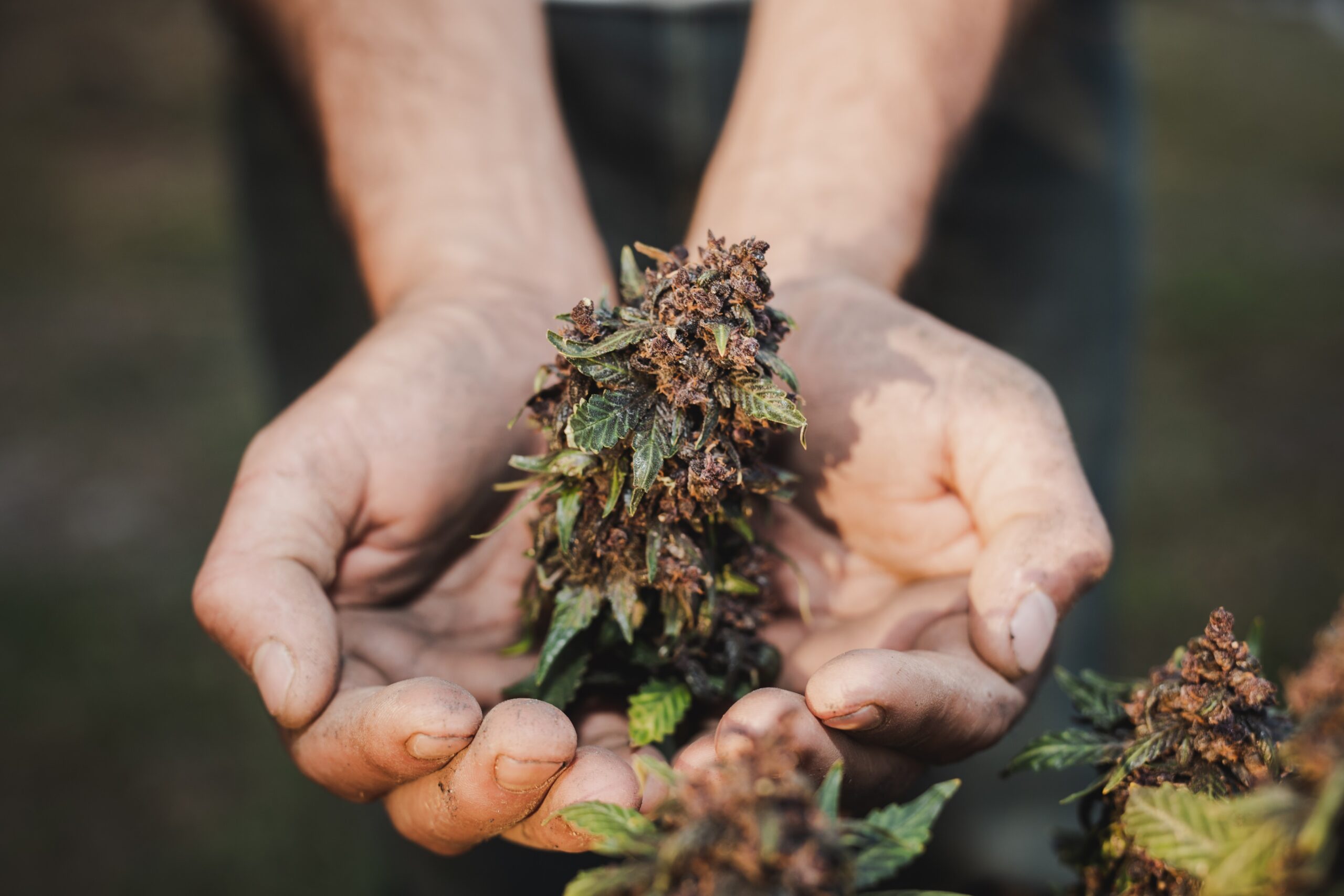Winning the Battle Against Marijuana Relapse
Getting sober from marijuana is a huge accomplishment, but it’s just the first step on the road to recovery. Long-term sobriety requires a plan to fight off the emotional, behavioral, and mental urges that could lead you back to marijuana use.
Emotional Triggers: Identifying and Avoiding Your Weak Spots
We all have situations or people that can make us crave marijuana. In recovery, it’s important to identify these emotional triggers and develop healthy coping mechanisms. This might involve distancing yourself from people or places associated with marijuana use, or finding new ways to manage stress, anger, or boredom.
Behavioral Triggers: Breaking Old Habits and Building New Ones
Our behaviors are strongly linked to our habits. If smoking marijuana with a certain group of friends was your norm, it might be wise to limit contact with them during early recovery. Similarly, avoiding places where you used to purchase marijuana can minimize temptation.
Cognitive Triggers: Reshaping Your Thinking Patterns
Negative thoughts and beliefs about marijuana use can be a major obstacle in recovery. Challenge the idea that marijuana helps you relax or cope with challenges. Develop positive self-talk and focus on the significant benefits of staying sober.
Conclusion: Building a Strong Foundation for Lasting Sobriety
Recovering from marijuana addiction is an ongoing journey. By identifying and addressing your triggers, you can build a strong foundation for lasting sobriety. Remember, there will be challenges along the way, but with a supportive network and a commitment to your goals, you can achieve a healthier and happier life
https://www.ncbi.nlm.nih.gov/pmc/articles/PMC2797098
https://www.ncbi.nlm.nih.gov/pmc/articles/PMC6223748
https://nida.nih.gov/publications/drugfacts/cannabis-marijuana

